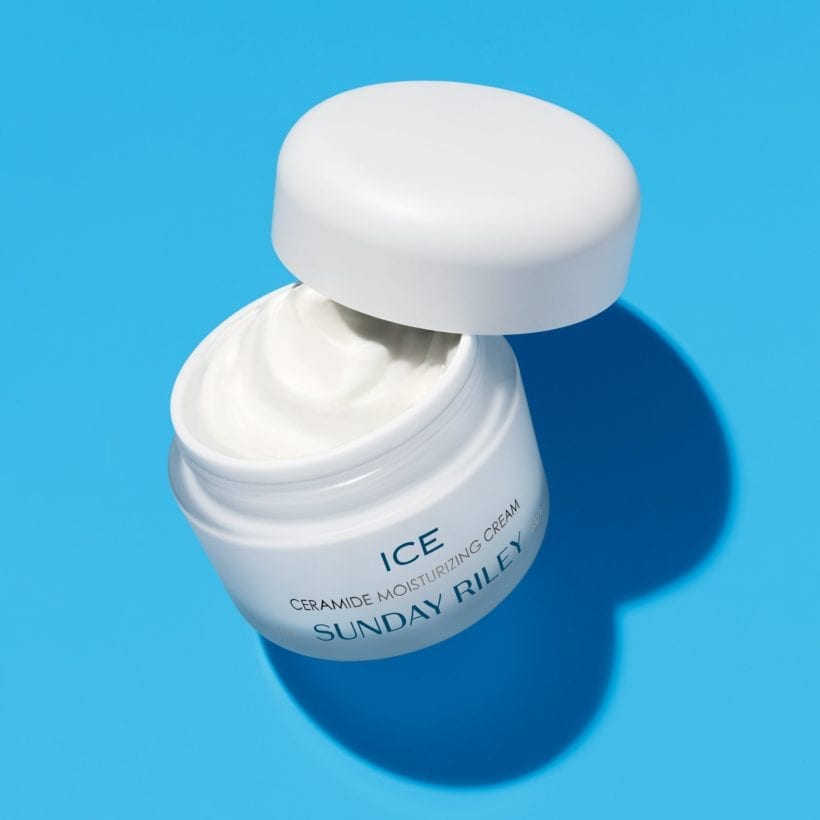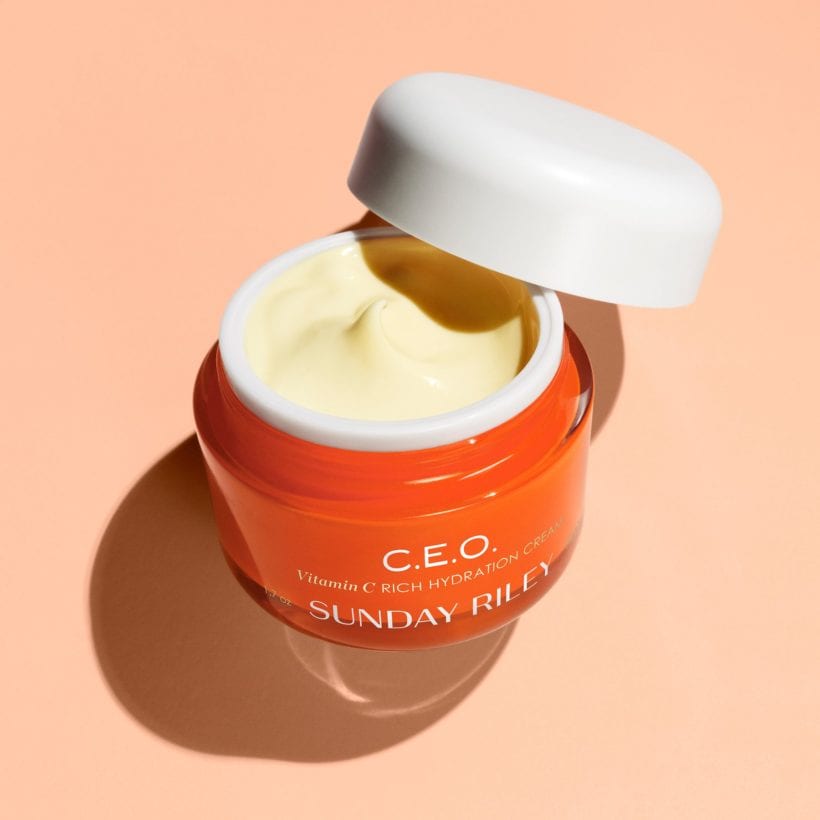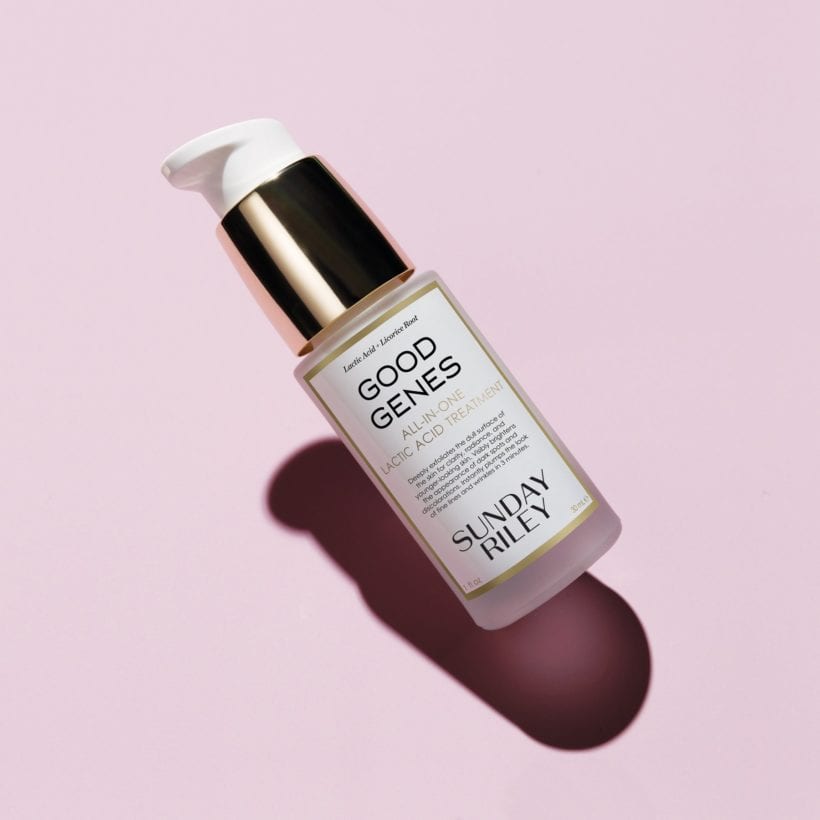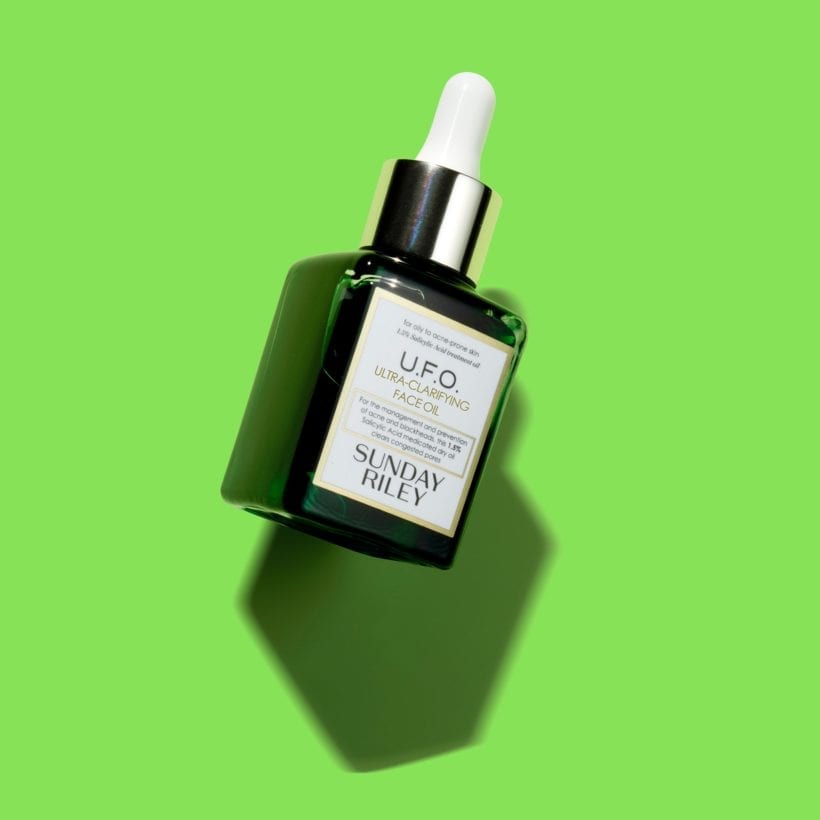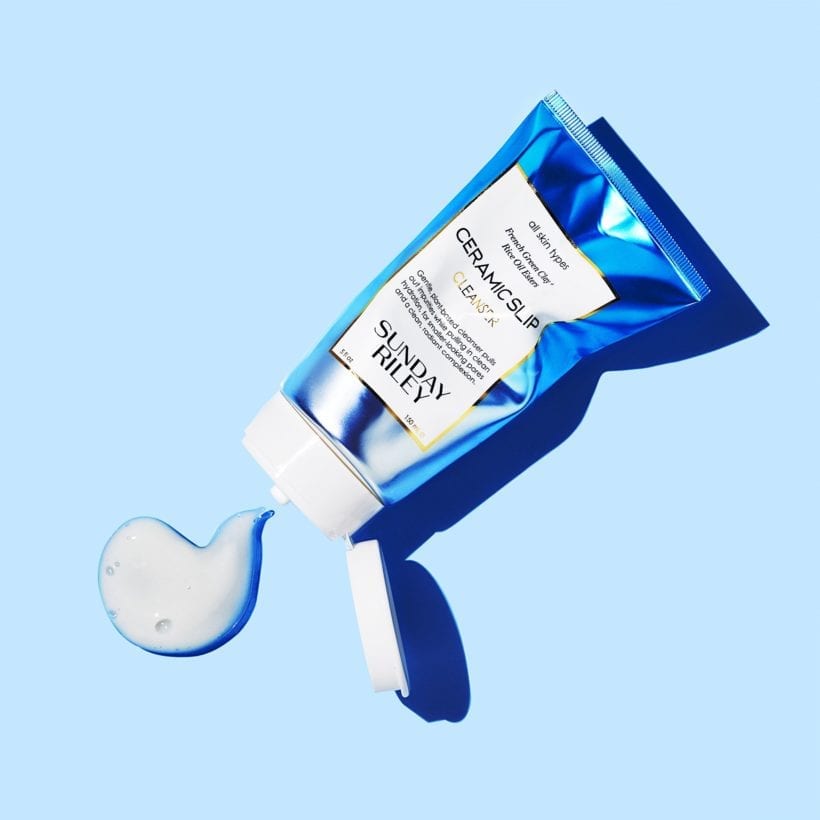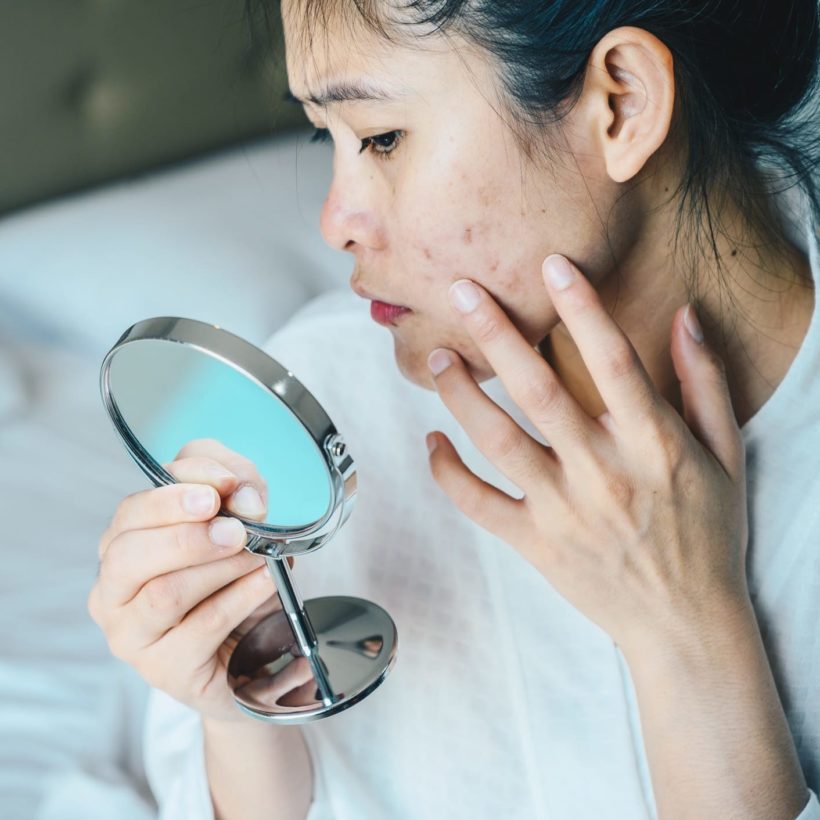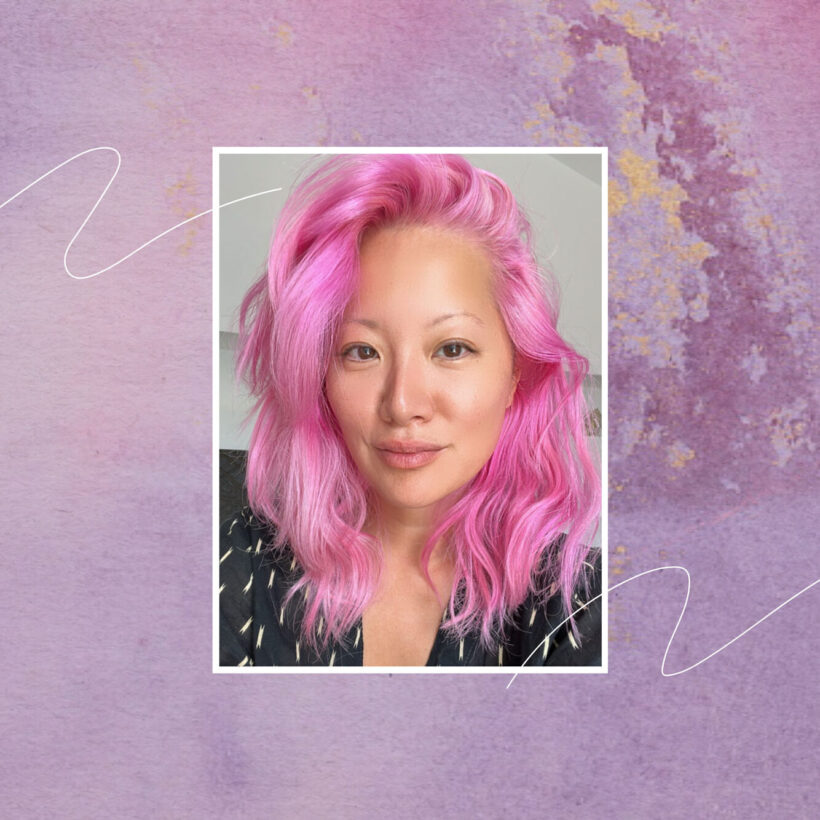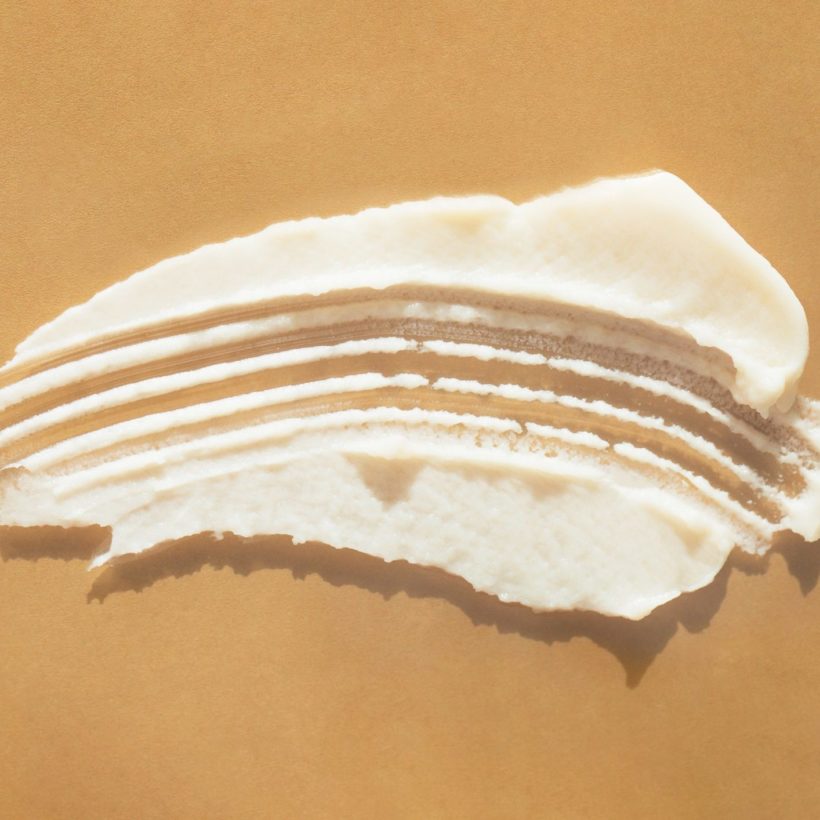If you struggle with acne-prone skin, you have likely developed quite the fear of winter. After all, it’s freezing outside, the air inside is dry, and everyone raves about using a thick moisturizer. But to you, these are the enemy: They feel heavy and greasy on your face and body, leading you to worry if they’re clogging up your already-sensitive pores. And as if acne-prone skin isn’t stressful enough, adding on the cold, harsh climate of winter can further exacerbate one’s skin, says Adrienne O’Connell, DO, the medical director and president of Laguna Beach Aesthetics.
“As it is crucial to hydrate our skin with a good moisturizer in the winter, we do have to be careful if we are prone to acne. Moisturizing creams and balms can clog pores, which in turn can trap in sebum and cause acne breakouts,” she explains. So how can acne sufferers keep their skin clear and radiant — without completely drying it out? Here, a guide from experts.
Meet the Experts
Sunday Riley , CEO, founder, product formulator
Adrienne O’Connell, DO, is the medical director and president of Laguna Beach Aesthetics.
Anne Chapas, M.D., is a board-certified dermatologist and the founder and medical director of Union Square Laser Dermatology.
Caroline Robinson, M.D., a board-certified dermatologist and the founder of Tone Dermatology.
Reid Maclellan, M.D., is an adjunct faculty at Harvard Medical School and the director of Proactive Dermatology Group.
Talk to a Sunday Riley Skin Expert.
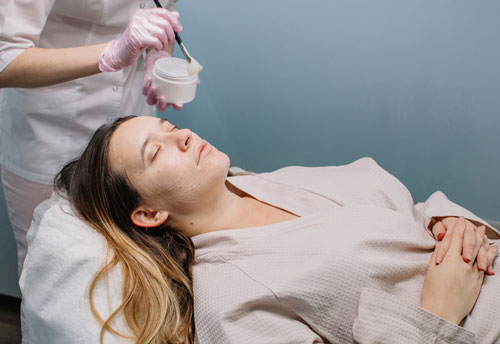
Before you purchase or begin using a new product or change your routine, it is important to figure out what is causing your acne and ways you can control it, says Anne Chapas, M.D., a board-certified dermatologist and the founder and medical director of Union Square Laser Dermatology. “Acne forms when sebum, the oily substance on skin, combines with dead skin cells and clogs pores,” she continues.
If you are not sure about where to start, check out personalized skincare solutions from the comfort of your own home with Sunday Riley’s complimentary virtual consultations. Our expert aestheticians are at your service, offering bespoke advice tailored to your unique skin needs and goals. Whether you’re looking to address specific concerns or simply elevate your skincare regimen, our specialists will guide you through Sunday Riley’s product range, ensuring you make the most informed choices. Booking is easy and entirely free, making professional skincare advice more accessible than ever. Schedule your virtual consultation HERE today and embark on a journey to radiant, healthy skin.
Find the perfect moisturizer.
‘The right moisturizer, one that is hydrating and non-comedogenic, can help strengthen the skin’s moisture barrier and improve acne over the long term, says Caroline Robinson, M.D., a board-certified dermatologist and the founder of Tone Dermatology. It will provide the hydration you need but doesn’t create build-up, resulting in breakouts.
“Dry and rough skin, itch, redness, dullness, breakouts, sensitive skin, and wrinkles are all signs of a compromised skin moisture barrier,” Sunday Riley explains. “When compromised, the skin barrier has difficulty holding on to water and performing important skin functions like keeping good things in and bad things out. Poor moisture barrier function is directly related to acne severity.”
C.E.O. Vitamin C Rich
- Type: Vitamin C Hydration Cream
- Description: A deeply hydrating cream that visibly brightens, fights signs of dehydration and damage, and repairs the visible signs of aging.
- Best if You’re Looking For: Hydrating, Brightening + Antioxidant Support
C.E.O. Afterglow
- Type: Vitamin C Gel Cream
- Description: A luminous, plumping moisturizer that delivers a boost of antioxidants to supercharge your natural radiance for a non-greasy satin-skin finish.
- Best if You’re Looking For: Luminosity, Lightweight Hydration + Plumping
ICE Ceramide
- Type: Moisturizing Cream
- Description: A ceramide-enriched moisturizer that replenishes the skin with lasting hydration and strengthens the skin’s natural moisture barrier.
- Best if You’re Looking For: Replenishing + Skin Barrier Strengthening
Exfoliate regularly — but don’t overdo it.

“Exfoliating your skin regularly during the winter months can be beneficial for acne-prone skin in the winter since it will help remove deep skin cells,” says Reid Maclellan, M.D., an adjunct faculty at Harvard Medical School and the director of Proactive Dermatology Group.
“With the cold air, your skin dehydrates, and it is important to exfoliate to help replenish the skin. This can help cell turnover. This is also beneficial because it helps your skin absorb the other products you are using,” he explains.
‘Good Genes, all-in-one lactic acid treatment, is going to help clarify your skin and decongest. It really transforms the surface of your skin by exfoliating the dull, pore clogging debris that’s on the top of your skin. So it has this higher dose of lactic acid, but then it’s also balanced with ingredients like lemongrass and licorice root extract to go in and help improve the signs of skin discoloration. If you’re newer to acids, you can do every other day, or you can do two days on two days off. Whatever works for you, slowly adjust to it and then work your way up to every day, and you’re going to be smooth sailing from there on out. It’s either going to give you this instant radiance,’ suggests Sunday Riley. ‘It makes you look like you were born with great genes, and that you just woke up looking like that even if you had to, you know, put some effort into it, which is basically all of us.’
Winterize your acne treatment.
Much like you winterize your closet — aka pack up those summer clothes — it’s essential to swap out your skincare routine when the temperature drops.
Choose gentle cleansers like Ceramic Slip that adds hydration instead of harsh cleaners that in combo with dry air can irritate the skin. Your acne treatment should fight breakouts without disrupting the natural moisture barrier. ‘Otherwise, it can lead to inflammation and further breakouts,’ explains Sunday Riley.
Can I use an oil if I have oily/acne-prone skin? ‘Contrary to popular belief, a well formulated face oil does not cause excess sebum buildup on the skin. As a matter of fact, it can help! Face oils should have a “dry touch” finish, meaning they sink in and disappear. U.F.O. Acne Treatment Face Oil is a medicated dry oil with 1.5% salicylic acid. It also helps to brighten past acne marks’, adds Sunday Riley.
Don’t skip sunscreen.
Here’s our ongoing reminder to never, ever (ever!) skip SPF. Though most of us rarely think of sunscreen when it’s snowing or super-cold outside, it can benefit your acne-prone skin, according to Dr. Robinson. As she explains, sunscreen can help protect against the worsening of post-acne marks and dark spots and is one of the most important steps we can take to promote skin health.
We only recommend products we have independently researched, tested, and loved. If you purchase a product found through our links, Sunday Edit may earn an affiliate commission.

